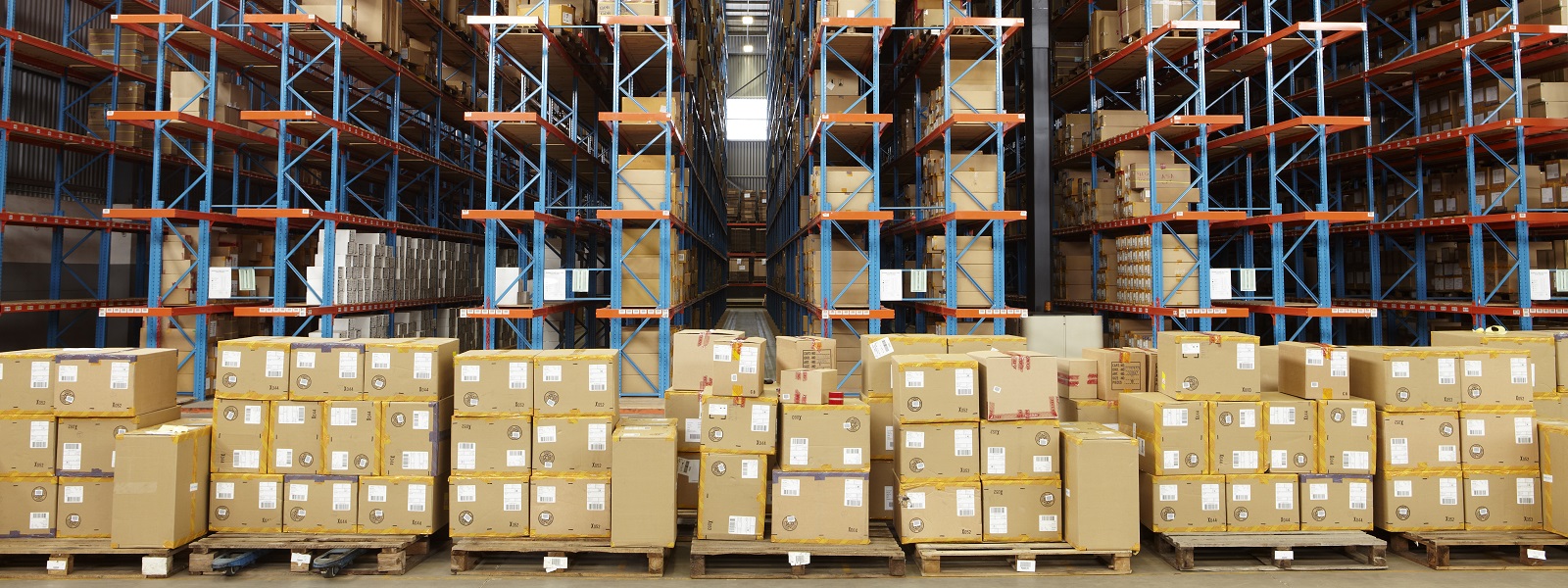Global PE activity in Q3 reflected an unpredictable year for dealmaking. Global deal volume dropped 27% year on year to 1,028 deals, while value rose by 47% to US$314 billion.
The rise in PE deal value in the third quarter was caused by a steep increase in exit value. There were 433 exits (including both secondary buyouts and trade exits) announced in Q3, worth a total of US$228.6 billion. This represents more than double the value recorded in Q3 of 2019, although volume dropped 30% over this same period.
Buyout value also rose, although far more modestly, increasing by 5% to US$104.9 billion compared to Q3 of last year. Volume dropped 29% over this period.
This marks a break from the trend seen so far in 2020—that of robust buyout activity and slowing exit activity.
Exit deals stage surprise comeback
The increase in exit deal value is even more significant when compared to the sharp decrease in activity experienced in H1. There were US$136.9 billion in exit deals announced globally in the first half of the year, and Q3’s exit value easily surpassed this figure. Four out of the top five PE-related transactions announced in the quarter were exits.
During economic downturns, exit activity tends to experience a slowdown due to decreasing valuations among portfolio companies. This would ordinarily result in PE firms looking to hold onto investments rather than sell.
While their dominance on the top deal table may be surprising, a closer look reveals that a number of the largest exits of the quarter were atypical.
The largest PE transaction of the year was the planned sale of UK semiconductor firm ARM to NVIDIA for US$38.5 billion. The deal—if approved—would see Japanese telco SoftBank and SoftBank Investment Advisers, its corporate PE firm, exit. The deal comes four years after SoftBank acquired ARM.
The fifth-largest PE exit of the quarter, the US$8.4 billion sale of Bombardier Transportation to Alstom is another transaction that will see the exit of a corporate and a financial sponsor, Bombardier and Caisse de Depot et Placement du Quebec (CDPQ). The deal has been approved, with structural remedies pending.
TMT sector attracts landmark deals despite crisis
The technology, media, and telecom (TMT) sector continues to be the most active sector for PE dealmaking in terms of both value and volume. A total of 345 deals worth US$167 billion in total were announced in Q3, compared to 260 deals worth US$42.4 billion in the previous quarter.
Along with the landmark US$38.5 billion sale of UK semiconductor firm ARM to NVIDIA, these included the sale of telehealth firm Livongo to Teladoc, a US$17.5 billion deal that will see a number of VC investors (Kleiner Perkins, General Catalyst Partners and 7wire Ventures) exit, and the sale of mortgage technology platform Ellie Mae to Intercontinental Exchange (ICE), the operator of the New York Stock Exchange, for US$11.2 billion.
While selling during an economic downturn may seem counterintuitive, deals within the TMT sector are achieving attractive premiums. Thoma Bravo’s sale of Ellie Mae, for example, represents a significant premium to Ellie Mae’s US$3.7 billion valuation when it acquired the business last year.
Sector convergence drives software deals
The resilience of PE activity in the TMT sector has been driven in part by the need for companies to provide digital solutions to their customers amid the pandemic. As communities around the world adapted to lockdown in 2020, they have increasingly looked to digital solutions to carry out everyday tasks—particularly in the fields of work, health, education and entertainment.
This has in turn led to an increase in private equity activity targeting the software sector. The industry has been insulated from the worst effects of the crisis due to the continuing attractiveness of technology assets, resulting in cross-sector convergence.
The sale of Livongo to Teladoc by a group of VC investors is a good example of this trend. The purchase of the health app provider highlights the importance of access to virtual care amidst the pandemic. If approved, it will be the largest digital health deal on record.
The increased demand for digital solutions amid the crisis has resulted in a steep rise in the valuations of tech firms in 2020. According to reports, Teladoc has tripled in value this year, while Livongo’s value has increased almost six-fold. This trend could see a further increase in TMT PE activity in the final quarter of the year.
US PE activity gains momentum
Following a slow start to the year, US PE activity appears to be picking up the pace. A total of 413 PE deals worth US$168.3 billion were announced in third quarter—a 63% increase in volume compared to the 339 deals that changed hands in Q2. More strikingly, Q3 deal value has already overtaken total H1 deal value (US$120.5 billion).
US PE activity stalled in the first half of the year, resulting in the lowest quarterly deal count for total PE activity in nearly ten years. Dealmaking in the third quarter of 2020, however, signaled renewed confidence in US assets, with six out of the top ten deals of the quarter involving US-based targets.
Outlook
While PE firms are sitting on record levels of dry powder—US$1.5 trillion as of last June, according to research firm Preqin—it appears that they were cautious to spend in large amounts in Q3. This was reflected in the modest growth in buyout activity seen in the third quarter, as PE dealmakers chose to hold onto their cash for the time being.
While the noticeable increase in exit deal value defies conventional wisdom, the high-profile deals struck in the TMT sector show that portfolio companies are still attracting high valuations despite the challenging economic climate.
The fate of the global PE market remains uncertain as dealmakers look to the final quarter. Yet the landmark deals struck in Q3 highlight the important role that PE firms are playing in global M&A activity amidst the pandemic.





